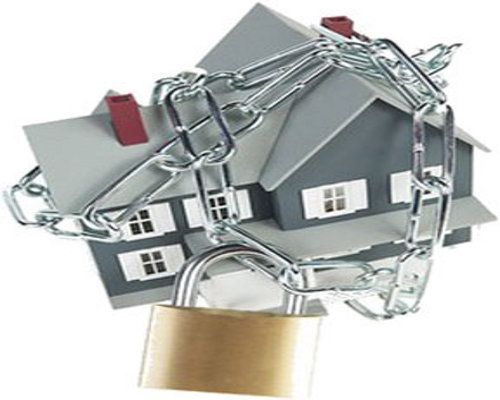
Consumers must be aware of their legal rights in the event of an imminent foreclosure. First of all, all debtors/borrowers have rights under the Fair Debt Collection Practices Act (also known as the Consumer Credit Protection Act) to avoid or stop abusive, repetitive, and unfair debt collection practices. Creditors can only call you at certain hours, and they have to identify the name of an actual investor, among other things.
The real estate business in India was growing in leaps and bounds since 2005. Prices of properties and purchases made by people had been going up steadily. However, everything that goes up has to come down. This simple law was demonstrated to everyone when by 2007, real estate prices had sky-rocketed and the number of real estate purchases had crawled to a trickle. Finally, by 2007-2008, because of the high prices, nobody was buying real estate and this in turn brought around the fall in real estate prices.
This, in addition to the global slowdown in the financial markets across the world, have given rise to the number of foreclosures on real estate. But before we move forward, let’s understand what foreclosure means.
Foreclosure is a procedure that takes place when the borrower is not able to pay the loan on time. Due to this reason the lender (banks, financial institutions) would declare the borrower as a defaulter. If the borrower is not able to meet the loan expectations for a prolonged period of time, then the lender would try to sell the property and recover the losses that were created by the lender.
However, foreclosure norms in India are not very clear. Foreclosure of a property would happen when a person’s loan account with the bank becomes a non-performing asset which usually happens if the person defaults on paying six monthly instalments. When this happens, the finance institution initiates summary proceedings against the borrower under “Recovery of debts due to banks and financial institutions Act, 1993” for recovery of their dues. Foreclosures in case of mortgages are governed by the Transfer of Property Act.
The foreclosure process begins when a borrower or owner defaults on loan payments (usually mortgage payments), and the lender files a public default notice, called a Notice of Default or ‘Lis Pendens’. After a specific period of time and with a court decree the financial institution can attach the property for it to be auctioned off. The ‘National Housing Bank (Amendment) Act, 2000’ makes the foreclosure process a little more clearer.
Consumers must be aware of their legal rights in the event of an imminent foreclosure. First of all, all debtors/borrowers have rights under the Fair Debt Collection Practices Act (also known as the Consumer Credit Protection Act) to avoid or stop abusive, repetitive, and unfair debt collection practices. Creditors can only call you at certain hours, and they have to identify the name of an actual investor, among other things. Furthermore, you might also be entitled to a loan modification based on a change in financial situation. Loan modification is a change in the terms of a current loan, which could vary from interest rate reduction to principal amount reduction.
5wQJtf I want to say – thank you for this!